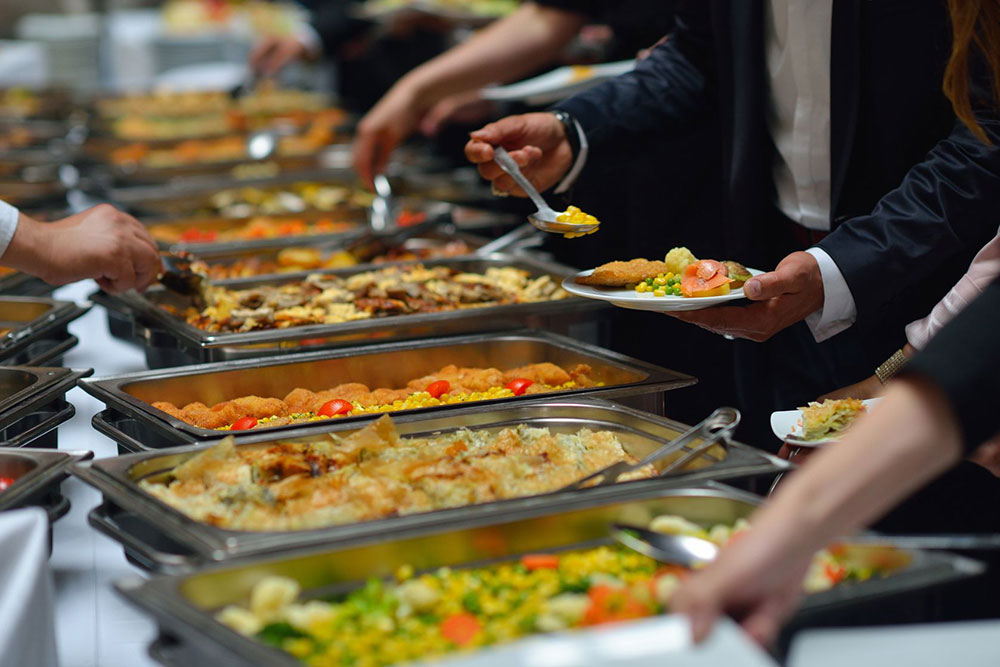How Cultural Influences Affect Our Food Habits

We all want our children to grow up with a strong cultural connection, knowing the customs and rituals that have been passed down from generation to generation within their family. But what happens when what is being passed down is having a negative impact on our youngest generation, and cultural influences start to affect our food habits? Let’s look at what changes we can make to ensure that the culture we are teaching our children is a healthy one.
What are cultural influences?
Put simply, culture is the consistent way a group in society behaves. It is something you learn as you grow up, watching your family and wider social circle go about their daily lives. Culture is not fluid, and changes as society develops and the environment changes. Culture influences the choices you make, including:
- How you dress
- How you worship
- What your family hierarchy looks like
- The foods you consume
What are food habits?
Food habits (or eating habits) refer to much more than just what we eat. It includes:
- What we eat
- Who we eat with
- The reason we eat
- When we eat
- How we get, store, and dispose of food
Our environment has a significant impact on food habits. The availability and affordability of convenience foods, such as fast food and junk food, has drastically changed the landscape of modern food habits. With the increase in more parents needing to work, the rising cost of fresh foods and the (often) extensive shelf life of convenience foods, society has seen a shift in the way we purchase and consume food globally.
How do cultural influences affect our food habits?
What we eat, why we eat it and who we eat with are significant factors when considering cultural influences on food habits.
People are social creatures and as such it’s no surprise that food has become the focal point of many cultural traditions such as celebrations, worship and acknowledgement of effort or success. Food is the perfect tool for bringing people together and so, for many cultures, food has become a symbol for:
- Love
- Affection
- Prosperity
- Unity
It is not unusual in many cultures for the measure of our love to be measured by the size of the meal provided, often leading to us catering for far more people than are being hosted. While in many cultures the food that is offered is healthy, the volume at which it is served, and then consumed at, is not.
One of the most challenging cultural influences on food habits is the pressure to consume more food than we want, or more than we would normally eat. The silent social pressure to continue eating or accept food even when full is driven by feelings that to decline food, or to stop eating before our plates are empty, would be disrespectful. It can become all too easy to over consume in order to show respect and love to the people we are dining with.
Why does it matter?
Children take their lead from the adults around them. When they see us load our plates up with excessive amounts of food, the assumption is that this is normal or expected behaviour and they will follow suit. Over time the unspoken cultural practice of overeating can develop.
What can we do about it?
While culture can be heavily ingrained, it is also fluid, meaning there is a potential to redevelop our culture and how it influences the food habits our children develop. Setting food related boundaries and learning to say ‘no’ are critical tools in developing healthier food habits.
How comfortable are you with:
- Declining the offer of more food when you are full?
- Cooking just enough food to feed your family?
- Denying your child a snack before a meal?
Practicing mindfulness and learning to say ‘no’ are both key in creating a culture around eating that is healthier and more sustainable. As with anything, this takes practice. The more we practice setting boundaries around food, the better we will become over time.
Need help with making changes?
Here at Childhood Obesity Prevention, we understand that support is critical to making lifelong changes to habits. If you’re concerned about the eating habits that you or your family have developed, we’re here to help.
We have a range of support options available to suit your family, from self-guiding your journey to healthier eating habits with our book, through to personalised consultations. Get in touch today to start making the positive changes that you and your family need.
